Whether you are a partnership or a sole trader looking to incorporate yourself, starting a new business, or being made a shareholder in the current business that you work in, you may be questioning – should I go for a company or trust setup, or both? Let me walk you through the process.
Firstly let’s start with the basics.
A company is a legal entity and one type of business structure. It separates liabilities from the business and the owners. Whilst an owner can be a director and control the company, the company’s shareholders/owners can limit their personal liabilities and are generally not liable for company debts. This means that someone could sue a company, but the individual remains more protected.
Tax rates on profits are also lower for companies than for individuals. Setting up a company can be complex for a novice, so we recommend seeking advice from an industry professional, such as a lawyer or accountant (like us), due to the various legal obligations in a company structure. Setting up a company also involves several costs, including initial registration fees and ongoing reporting and administration expenses.
According to State Revenue Victoria, trusts are legal arrangements where a person or company (the trustee) holds property and the legal title to that property for the benefit of someone else (the beneficiary or unit holder). The Trust can also hold a variety of assets such as money, or an investment portfolio or property. There are 8 different types of trust structures in Australia. To read more about these different types of trusts, check out our previous blog here.
Like a company, a trust limits the liability of operating a business and the liability of an individual. The trustee manages the assets of the trust, while the beneficiaries receive the benefits. A beneficiary is not liable for debts, however the trustee may be. This is where things can get tricky. A workaround is that many trusts use a corporate trustee (another company) to limit the liability. Lucky for you, you don’t need to be an expert in trusts, because we are.
A trust is different to a company and it does not pay tax. However, beneficiaries must pay income tax once they receive profits. If setting up a discretionary trust, the trustee decides when and to whom profits are distributed. Seeking expert advice in this area is critical, as many tax rate policies and thresholds affect how individuals can maximise their earnings.
Of course, there are costs involved when setting up and managing trusts. Therefore, it is more important than ever to seek advice from an expert in the field to ensure that you gain the highest protection and receive the largest financial rewards.
The hardest part is coming up with your company and trust name!
At Profit First Accounting, we offer a one-stop solution for your financial needs. If you need an accountant who specialises in BAS and Tax compliance or expertise in Xero, from setup to cleanup, we can help you. Not to mention our extensive CFO services which go well beyond traditional bookkeeping expectations. Our Profit First financial planning services set us apart from many others, as does our extensive knowledge when it comes to business set-up and support. We love what we do. Let us concentrate on the numbers so you can focus on your business and your passion. If you want to know whether setting up a company, a trust or both would benefit your business, get in contact with us.
Disclaimer: The information provided in this blog post is for general informational purposes only and does not constitute financial advice. It is important to consult with a qualified financial advisor, accountant, or legal professional regarding your specific situation before making any decisions related to setting up a company, trust, or any other financial matters. Profit First Accounting is not responsible for any actions taken based on the content of this post.

4.8 Rating
Building a profitable business is not an overnight success;
it’s a journey of consistent efforts and strategic financial management. In the world of entrepreneurship, profit isn’t just a destination; it’s a perpetual path.
-Mike Michalowicz
Ready to revolutionise your business's financial approach? Join us on a journey to financial success by embracing the Profit First Methodology. Partner with us now and pave the way for a brighter financial future.
Special Offer: Register now for just $98 (normally $330)!
1st Masterclass Session: Thursday, 07 Nov 2024